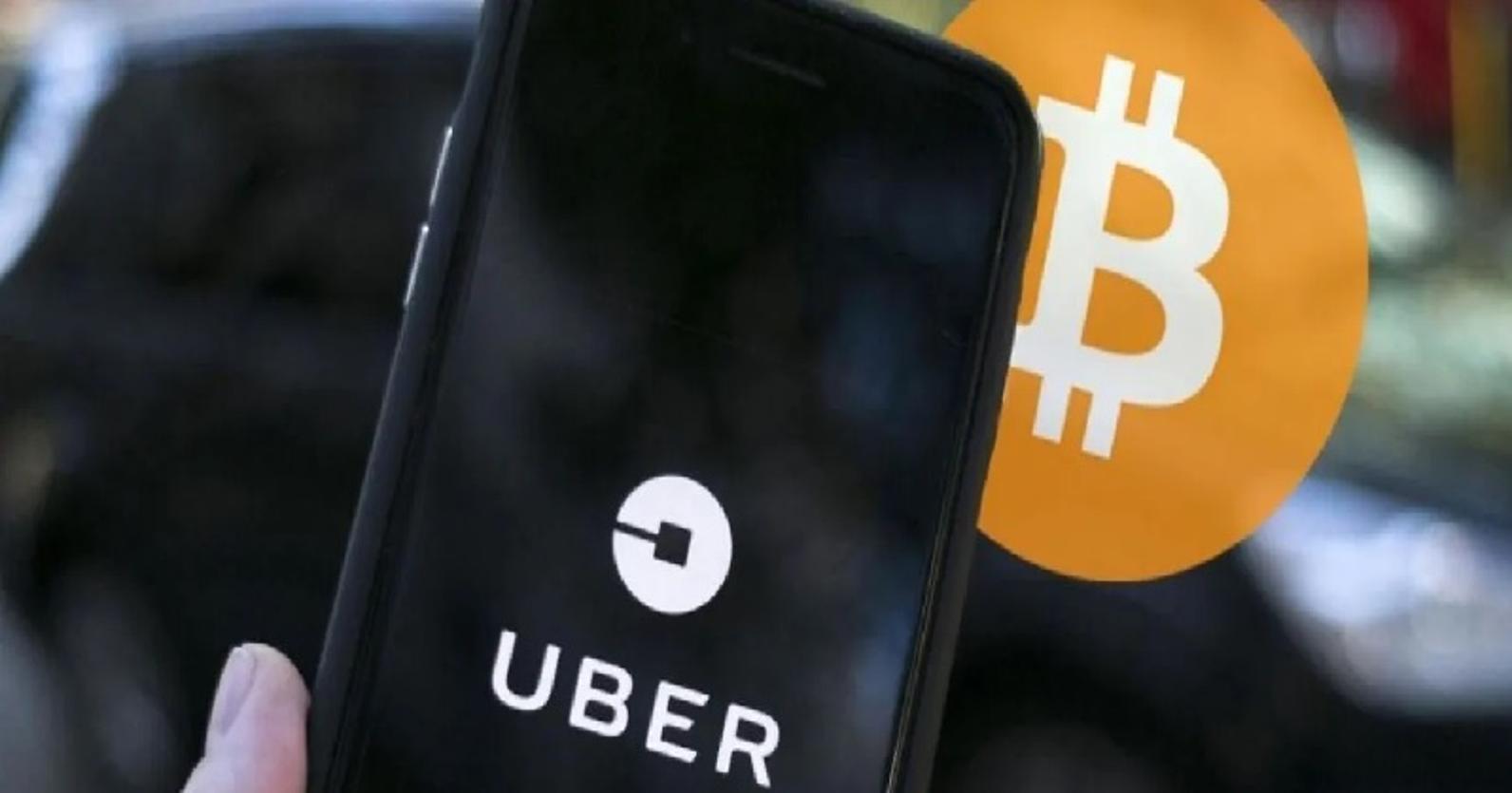Uber CEO Dara Khosrowshahi recently announced that the company plans to integrate Bitcoin and other cryptocurrencies as payment options in the near future.
The move aligns with Uber’s ongoing efforts to innovate and offer more convenience and choice to its customers, drivers, and partners.
Khosrowshahi highlighted that Uber already accepts various forms of digital payments, including credit cards, PayPal, Venmo, and Apple Pay.
Adding cryptocurrencies, he said, would be a natural progression in their payment strategy. However, he clarified that Uber does not intend to hold or invest in cryptocurrencies but aims to give users the flexibility to pay with their preferred method.
The CEO also mentioned that Uber is closely monitoring regulatory developments and addressing the technical challenges associated with cryptocurrencies. The company is also collaborating with experts and partners to ensure a smooth and secure rollout.
While Khosrowshahi confirmed that Uber will “definitely” accept Bitcoin and crypto payments in the future, he did not specify a timeline or indicate which cryptocurrencies would be supported.
However, it is anticipated that Uber will introduce a world-class cryptocurrency wallet app as part of this initiative.
Khosrowshahi shared his enthusiasm for the potential of cryptocurrencies to reshape the global economy and society, expressing that Uber aims to be part of this transformative movement.
He said Uber is dedicated to maintaining its leadership in the mobility and transportation industry, and that adopting cryptocurrencies is one of the strategic steps the company is taking to achieve this vision.
In an interview with CNBC, Khosrowshahi said, “Just like we accept all kinds of local currency, we are going to look at cryptocurrency and Bitcoin in terms of currency to transact.”
“That’s good for business, that’s good for our riders and our eaters.” However, he clarified that Uber has no plans to use this initiative as part of a promotional campaign.”
Uber’s interest in adopting cryptocurrencies comes as several major companies are starting to embrace digital currencies. For example, Mastercard recently announced that it will allow merchants on its network to send and receive payments in select cryptocurrencies.
Similarly, Tesla has signaled its intention to accept Bitcoin as a form of payment, alongside its significant investment in the cryptocurrency.







